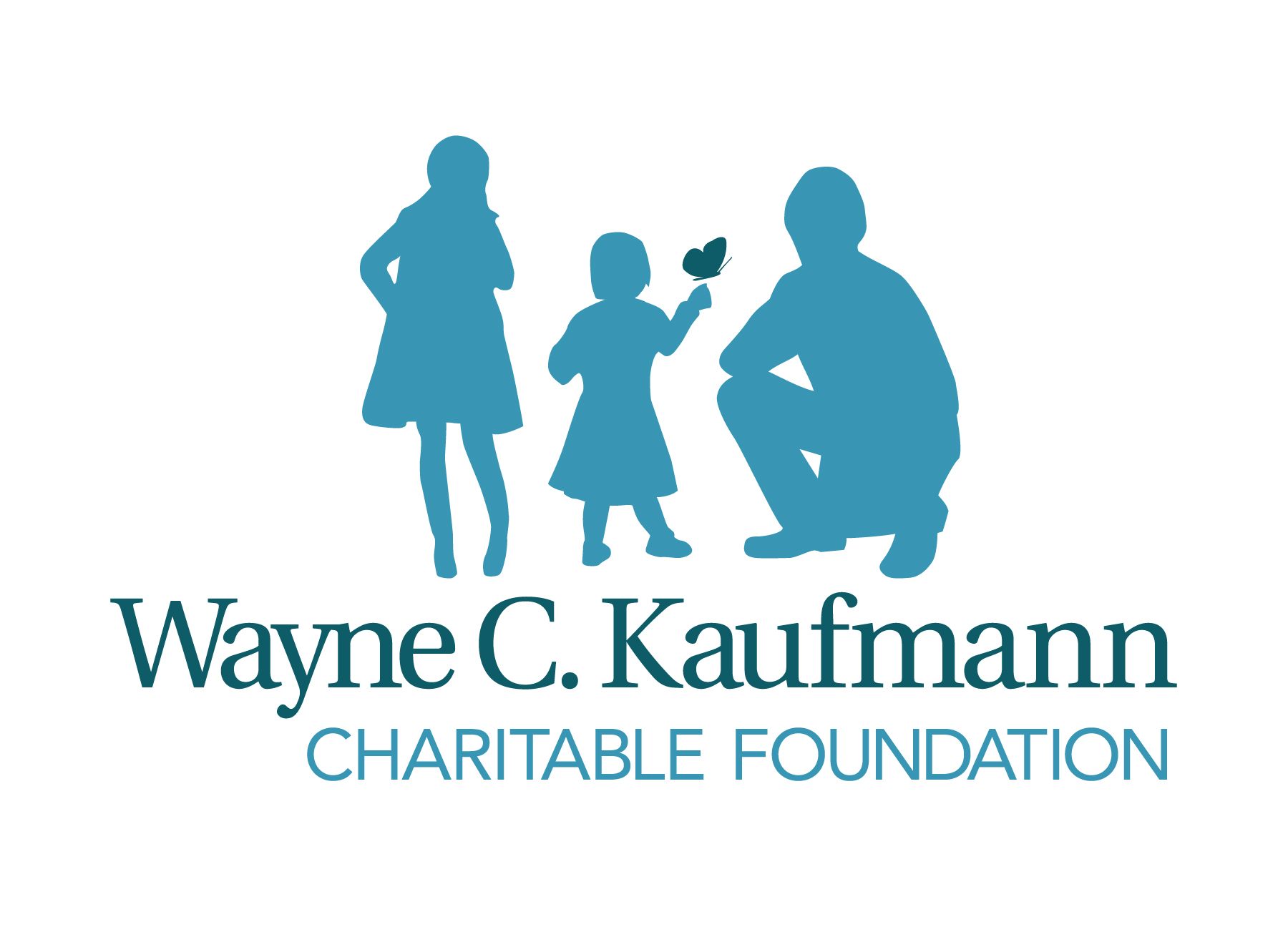Since the onset of the COVID-19 pandemic that hit the Midwest in earnest in March, Ranken Jordan Pediatric Bridge Hospital has seen the number of children injured through abuse or gunshot violence double.
“Non-accidental trauma in children is ever-present but with the added stressors of life due to COVID-19 as well as social unrest, we’ve seen a dramatic increase in victims of abuse in our hospital,” says Nicholas Holekamp, MD, vice president and chief medical officer at Ranken Jordan. “On any given day, four to six of our 45 patients have been abused or shot, which left them with brain injuries, severe spinal cord injuries, or burns. And the consequences have a lifelong impact on children.”
Non-accidental trauma (NAT) is a leading cause of childhood traumatic injury and death in the United States. While NAT occurs in children of all ages, newborns to 3 year olds are at the greatest risk of death. Children born prematurely or with multiple medical conditions are at an even higher risk of experiencing non-accidental trauma.
In 2019, the Ranken Jordan team treated 27 children who were victims of violence, whether through child abuse or shootings. That number had already increased dramatically since the year before. Now that number is jumping again in 2020.
Shining the Light on a Hidden Issue
Tragically, the children who are abused are often under age 1.
“We’re caring for children who suffered severe spinal cord injuries in infancy from abuse,” Dr. Holekamp says. “Their lives are forever changed due to these injuries. We’re also caring for two toddler siblings who were both intentionally scalded. These children have internal and external scars that will linger indefinitely.”
To support the essential care and vital role that Ranken Jordan provides for fragile children, the Wayne C. Kaufmann Charitable Foundation at YouthBridge Community Foundation recently made a $10,000 grant to Ranken Jordan.
This is the second year for the grant. The foundation supports programs related to physical and sexual violence against women and children, among other areas.
“We’re grateful for this gift that helps shine the spotlight on an important issue,” Dr. Holekamp says. “It seems the issue of child abuse in very young children has fallen off the radar screen in our community. It’s not a pleasant story to share but it’s important people are aware that this is a real problem. The grant we received from the Wayne C. Kaufmann Charitable Foundation allows us to provide the full spectrum of care for these children through our Care Beyond the Bedside model.”
A Blanket of Care—No Matter What
Ranken Jordan’s ground-breaking Care Beyond the Bedside model is designed to heal children physically, mentally, emotionally and developmentally. It integrates play into care and therapy and encourages children to get out of their rooms to socialize as part of healing.
Ranken Jordan bridges the gap between the acute care hospital and home for children with increasingly complex injuries and illness. The team provides intensive speech, occupational and physical therapy as well as numerous other services including psychology, music therapy, art therapy, recreational therapy and social work.
At least 87% of the children cared for at Ranken Jordan qualify for Medicaid.
“Many aspects of our care that enhance healing and recovery aren’t covered by Medicaid or other insurance,” Dr. Holekamp explains. “Yet we recognize that severely injured or ill children benefit tremendously from these services and care and they wouldn’t get them in other settings. The crucial difference is our comprehensive approach to care. We meet children’s needs no matter what.”
For example, children who have suffered burns require care from a broad range of disciplines. First, they need caregivers with expertise in wound management to provide daily wound care and stretching and strengthening to avoid scarring that can take hours a day. Children with burns also need occupational, physical and speech therapists along with child life specialists to engage and distract children during difficult treatments and challenges. In addition, psychologists are necessary to help children deal with effects of the trauma and treatments. A dietitian also is involved to optimize the child’s nutrition for the best recovery.
“We lay a blanket of multi-disciplinary care over all our patients and provide lots of hours and attention that isn’t reimbursable by insurance,” Dr. Holekamp says. “Yet we know it’s essential. Our ability to help children make a well-supported transition from our hospital to a safe environment is the key to success.”
Creating a Safe Place for Success
Children stay at Ranken Jordan until they have a safe place to go, whether insurance covers their stay or not. Even though a child may be ready to go home on paper, the child may not be able to go home because the family isn’t able to provide the necessary care. Some families need assistance getting their home ready for the child’s needs. That may include building ramps for wheelchair access.
When abuse is involved, children may need foster care yet many foster homes are not equipped to care for these children due to their complex injuries.
“Social workers and case coordinators at Ranken Jordan dedicate extensive time working with state agencies and other resources to best help patients,” Dr. Holekamp says.
He adds that as rules change and reimbursement is reduced from Medicaid over the next year, donor gifts and grants such as the one from Wayne C. Kaufman Charitable Foundation at YouthBridge Community Foundation will become more essential to Ranken Jordan’s ability to provide the extensive care fragile children need.
“It’s clear that charitable gifts are the key to meeting the gap between what is covered by Medicaid or other insurance and what kids need to recover to the fullest after injuries caused by abuse or other situations. This generous support is vital for our continuing efforts to meet kids’ needs no matter what.”

